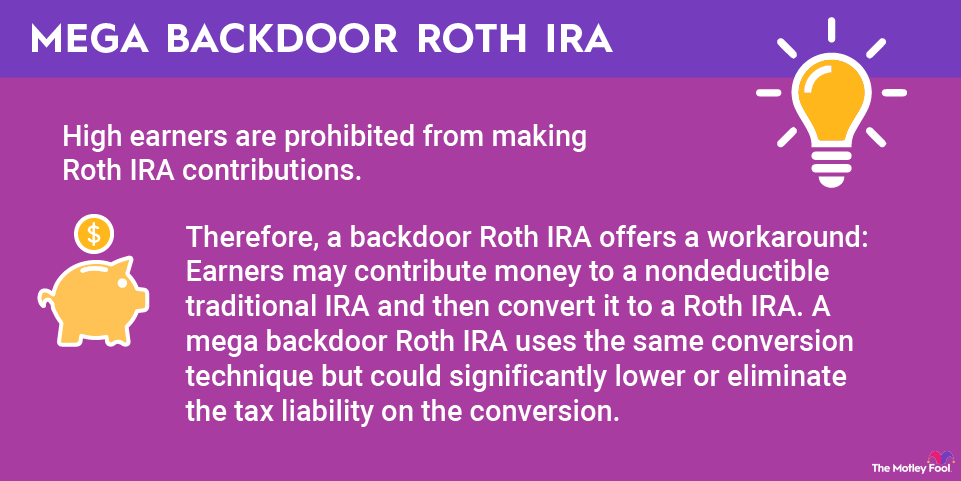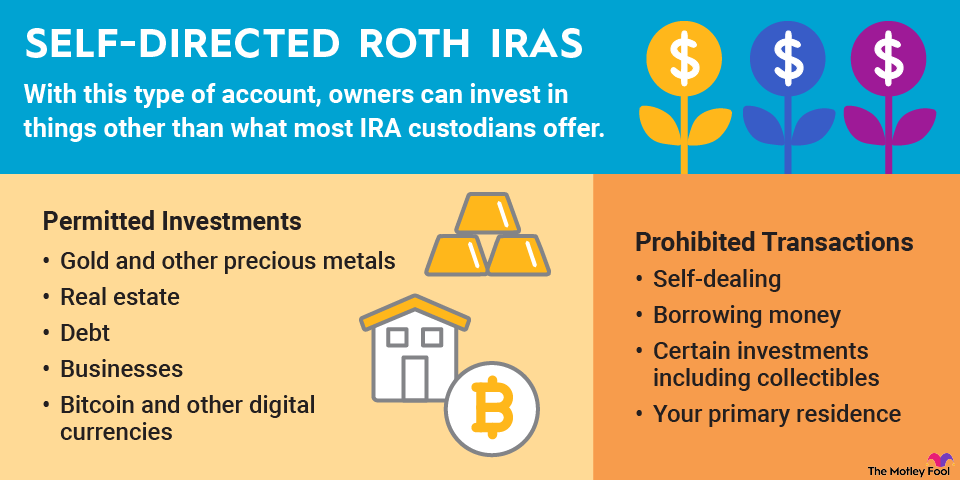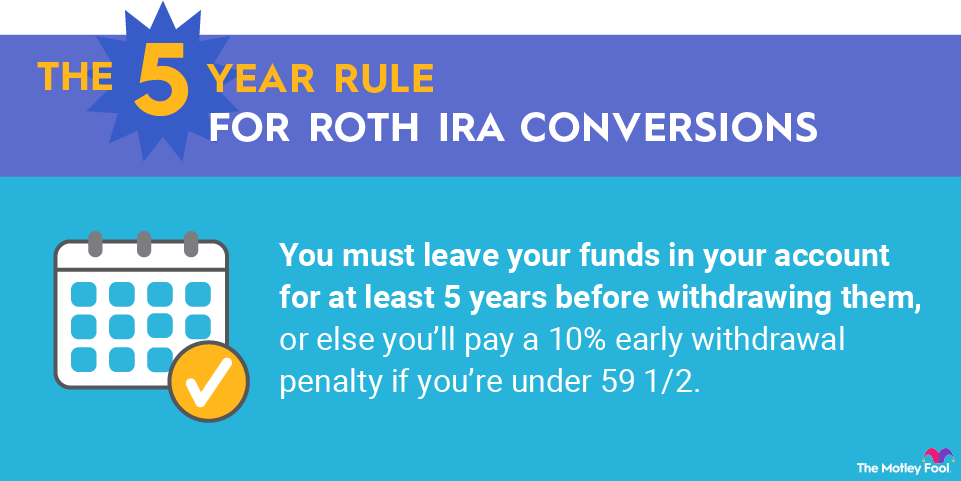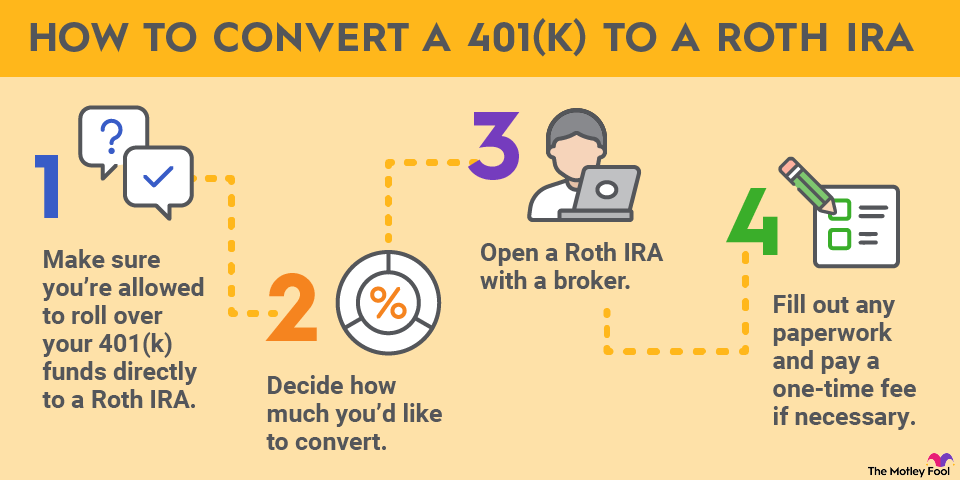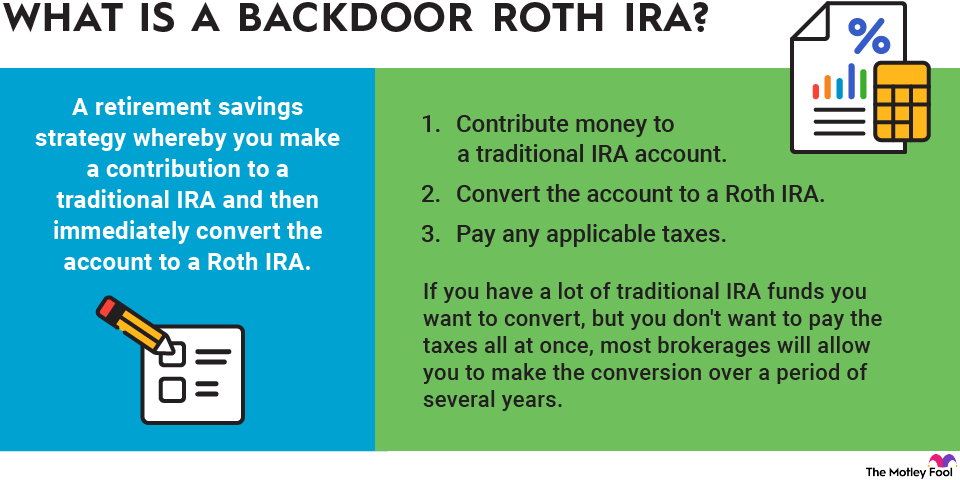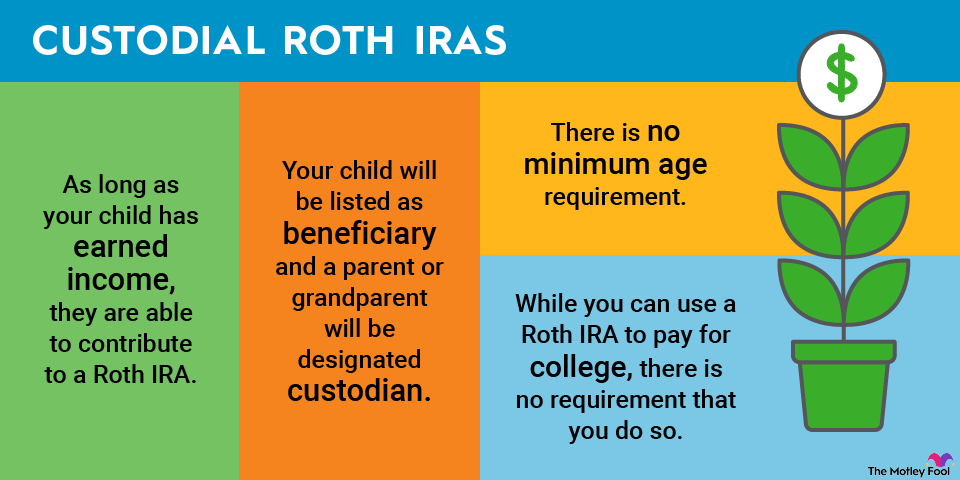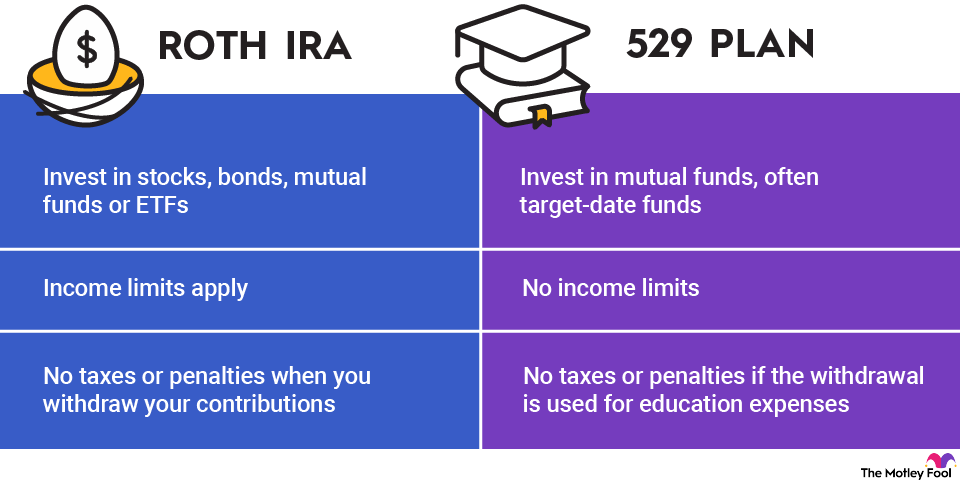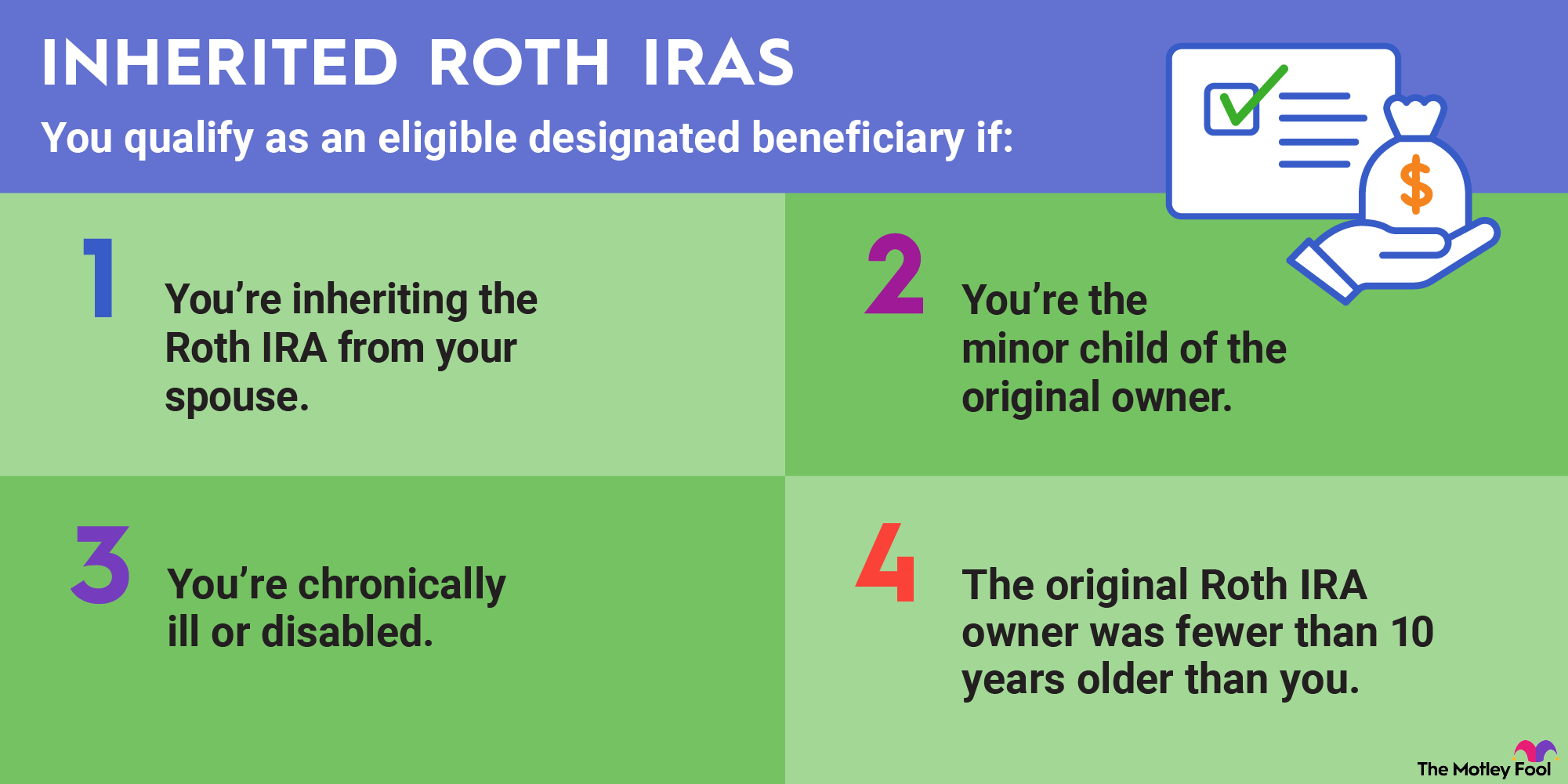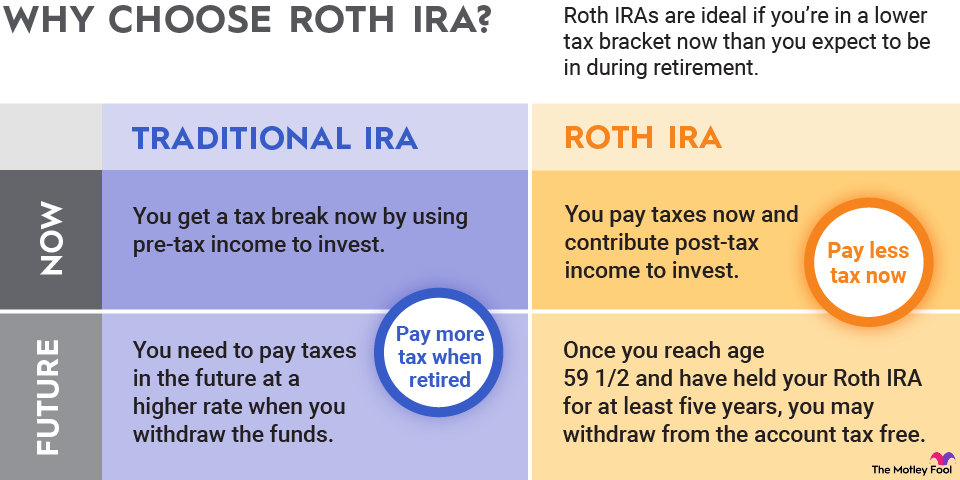Roth IRA Eligibility
To be eligible to contribute to a Roth IRA, you need to generate earned income. Salary, hourly wages, bonuses, tips, self-employment income, and commissions -- all of which you generate by working -- qualify as earned income. Investment income, Social Security benefits, retirement distributions, unemployment compensation, and alimony do not qualify as earned income.
Your eligibility for a Roth IRA also depends on how much money you earn. If your income exceeds a certain amount, which varies based on your tax filing status and living situation, then you are prohibited from contributing to a Roth IRA. The only way for a high earner to still fund a Roth IRA is to use a backdoor Roth IRA strategy, which entails contributing to a traditional IRA and then converting it to a Roth IRA. This workaround, while permissible, requires you to pay tax when you convert the funds.
